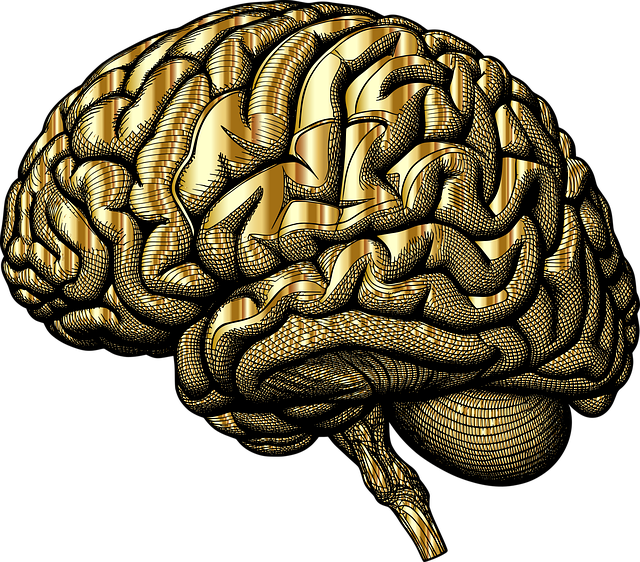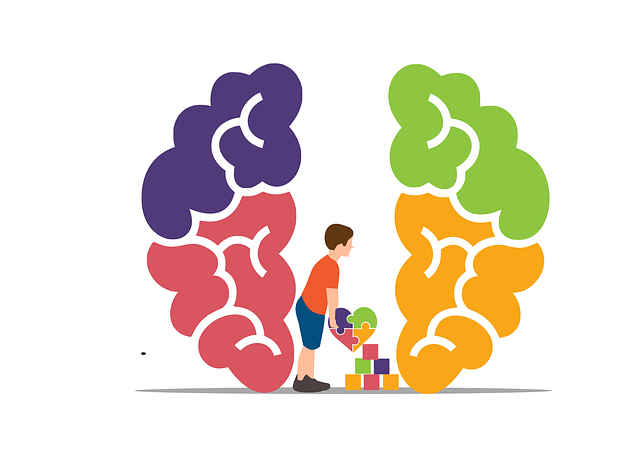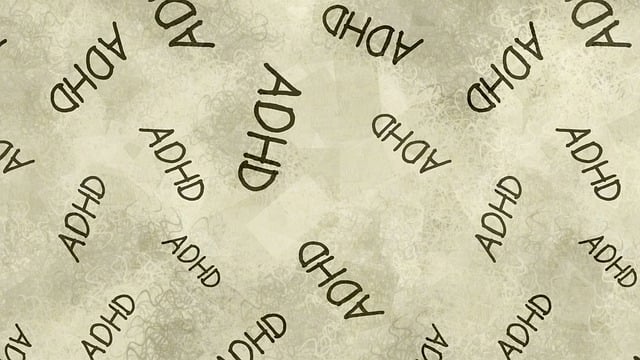Adolescent mental health faces unique challenges like academic pressure, peer dynamics, and identity formation, often exacerbated by terminal illnesses or chronic conditions leading to anxiety, depression, and PTSD. Early intervention through crisis guidance and burnout prevention is crucial. Tailored self-assessment tools empower teens to manage emotional well-being, while supportive therapy techniques like Social Skills Training build resilience, improve decision-making, and foster meaningful connections. Skilled professionals must recognize subtle signs of distress during assessments for the safety and well-being of both patient and therapist, offering holistic therapy solutions for adolescent teens with terminal illnesses.
Mental wellness self-assessment tools play a pivotal role in identifying and addressing issues among adolescent teens, especially those facing terminal illnesses. This article delves into the crucial aspects of understanding adolescent mental health and its unique challenges. We explore the development of effective self-assessment tools tailored to this vulnerable demographic. Furthermore, we discuss integrating supportive therapy within the assessment process, offering a holistic approach to nurturing mental wellness in teen patients navigating terminal conditions.
- Understanding Adolescent Mental Health and Terminal Illnesses
- Creating Effective Self-Assessment Tools for Teens
- Integrating Supportive Therapy in the Assessment Process
Understanding Adolescent Mental Health and Terminal Illnesses

Adolescent mental health is a critical aspect that often requires tailored strategies and support systems. Teenagers face various challenges, from academic pressures to peer relationships and identity formation, which can significantly impact their emotional well-being. Many adolescents also grapple with terminal illnesses or chronic conditions, adding complexity to their mental health landscape. These experiences can lead to heightened anxiety, depression, and even post-traumatic stress, emphasizing the need for accessible therapy for adolescent teens.
Early intervention is vital in managing these issues. Crisis intervention guidance can provide immediate support during distressing times, while burnout prevention strategies are essential to safeguard adolescents from the long-term effects of chronic stress. By incorporating these approaches, mental wellness self-assessment tools can effectively cater to the unique needs of teenagers, offering them the resources and coping mechanisms necessary for anxiety relief and overall emotional resilience.
Creating Effective Self-Assessment Tools for Teens

Creating effective self-assessment tools for teens is a crucial step in supporting their mental wellness journey, especially when navigating challenging circumstances such as terminal illness or other serious health conditions. These tools can help adolescent teens reflect on their emotional well-being and identify areas where they might need additional support. By incorporating techniques for depression prevention and resilience building, self-assessment forms can empower teens to take an active role in maintaining their mental health.
One way to achieve this is by designing assessments that go beyond simple mood checks and delve into specific aspects of emotional well-being promotion. This could include questions related to coping mechanisms, social support systems, and stress management strategies. For instance, assessing how teens deal with difficult emotions or what activities they engage in for relaxation can provide valuable insights into their resilience building process. In the context of terminal illness, such self-assessments can offer a safe space for teens to express their feelings and concerns, enabling them to receive tailored therapy for adolescent teens and foster better mental health outcomes.
Integrating Supportive Therapy in the Assessment Process

Integrating Supportive Therapy into self-assessment tools is a game-changer when catering to adolescent teens facing terminal illnesses. This therapeutic approach acknowledges the unique challenges these individuals encounter, offering a safe space for them to express their emotions and fears openly. By incorporating techniques such as Social Skills Training, professionals can facilitate meaningful connections, enhancing the assessment process. The teen’s social interactions, communication styles, and emotional responses become valuable insights into their overall mental wellness.
Furthermore, Emotional Well-being Promotion Techniques play a pivotal role in empowering adolescents to navigate their circumstances. These strategies enable them to build resilience, cope with stress, and improve decision-making abilities. As mental health professionals conduct the self-assessment, they must be adept at recognizing subtle cues of distress, especially when dealing with vulnerable populations like teenage patients facing terminal illnesses. A comprehensive risk assessment is essential to ensure the safety and well-being of both the patient and the therapist during this delicate process.
Mental wellness self-assessment tools play a pivotal role in supporting adolescent teens facing terminal illnesses. By integrating these tools with supportive therapy, we can enhance their assessment process and foster better mental health outcomes. Understanding the unique challenges of adolescent mental health is essential to developing effective strategies that cater to this vulnerable group. With continued research and innovation, we can revolutionize therapy for adolescent teens with terminal illnesses, offering them hope and a path towards healing.














